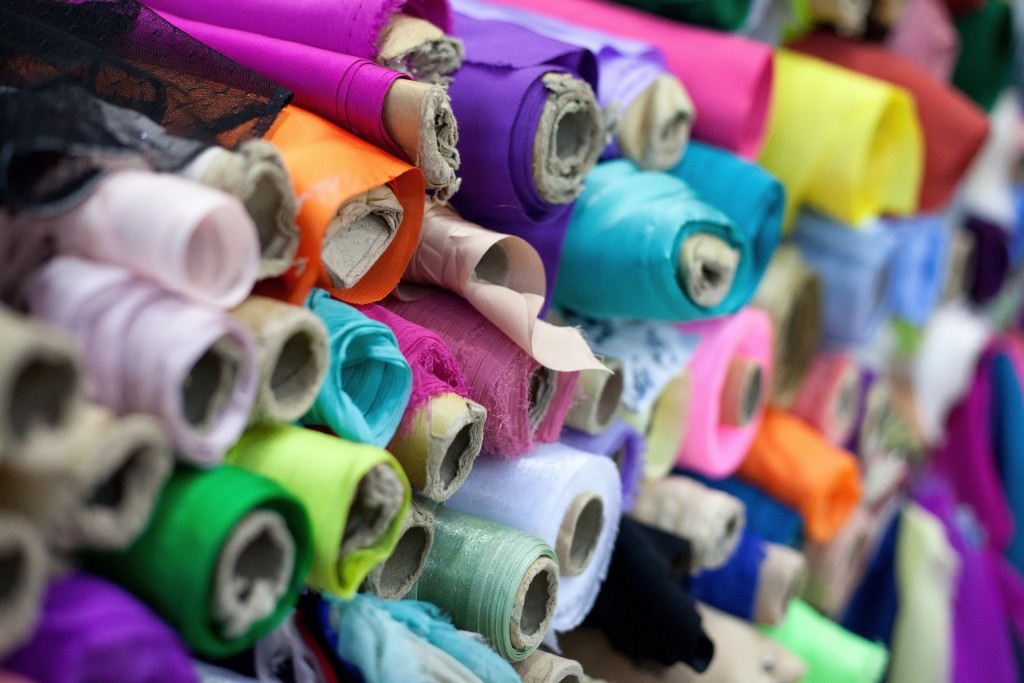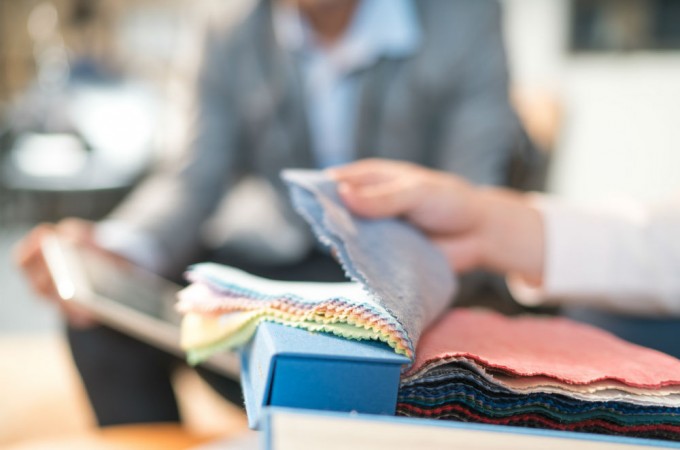Fabrics are the lifeblood of your printing business. Whether you make clothing, accessories, furniture or any other kind of product that requires fabrics, you are going to want to find the right supplier for your needs.
The problem is that every business’s needs are a little different. Maybe you produce on a smaller scale or for a broad range of clients or maybe you create specialty items.
The size, nature, and clientele of your business can make it difficult to find the right fabrics supplier for you. To make matters even more complex, choosing the right supplier can mean the difference between a successful business and a struggling one.
It is a tall order but we have compiled an article full of helpful tips so you can find the perfect supplier for your business.Â
Take a look at some of the key considerations for finding a solid supply partner. Â
Â
Important Considerations For Choosing a Fabric Supplier
Â
Price
Perhaps the most determining factor as to which supplier will work best for you is price. Economy drives everything and you will need to consider the cost per square foot of fabric of your potential supplier. Be aware that the cheapest supplier may not always be the best.
Their product could be shoddy and cost you more time and money down the road.
You will need to take into account things like shipping logistics (how far is the supplier from you) and the total cost of opportunity (will the initial price and continued business with the supplier be beneficial to you). Tying into the price is value.
Â
Value
The value of your fabrics will include how much use you will be getting out of them versus the price you paid for them.Â
For instance:
Let’s say you are purchasing silk from a supplier for $2 per square foot. Not a bad deal but how many products can you make with the silk?
The value, even if the price is relatively low, may not be high in this case. If you are getting the same price per square foot for vinyl, which you can use for multiple products. That would be an example of high-value material.
Â
Flexibility
In the fabric manufacturing business, flexibility is important. Ask yourself and your suppliers how much they are willing to work with you. Supply deadlines are a constant reality for fabric manufacturing business owners so your supplier will have to be flexible with you and be able to make changes to orders on the fly.
At any time, one of your buyers can up their order from 200 units to 1,000. A good supplier will have the inventory, willingness and ability to accommodate any sudden changes.

Capability
It’s key to consider capability. Capability isn’t just about short-term adjustments. It is about long-term growth. After all, you don’t intend to keep your business the same size forever do you?
No, you want your business to grow. In the first place, you will need to make sure you order from a supplier that can handle your current fabric demands.
To save you time and effort down the road you should consider whether or not your suppliers will be able to provide more material in the future should the need arise.Â
Capability also goes hand in hand with quality.
Â
Quality
Quality covers a range of areas when applied to fabrics. The quality of the fabric has to be commensurate with the product you are making and the quality that your clients demand.
The quality of shipping, labeling, and packing are key as sloppily packed or mislabeled parcels can cost you time and money. The quality of the relationship with the supplier is important too.
Are they available when you need them? Are they communicative? Do they alert you promptly when issues arise?Â
Â
Quality AccountabilityÂ
You should also ask questions about quality accountability. Imagine getting a shipment of fabrics and half of them to have untrimmed threads. A quality supplier will assume accountability for their mistake and rectify it promptly. Finally, you are going to want to consider business culture compatibility. This is another umbrella topic that covers multiple areas.Â
For example:
Does your supplier share your views on how reliable your companies should be? Do they share your businesses’ commitment to innovation?Â
Consider the kinds of companies they normally supply to as well along with how detailed the quote they give you is. Ask them about their minimum order quantity and what they know about your business as well.Â
The goal is to work with a supplier that is as much of a match with your business size, ideals, and priorities as possible.

Â
What You Can Do to Make the Right Decision
Now you know what to consider but how can you execute these decisions? One of the best ways to determine if a supplier is worth their own salt is by visiting their facilities on-site. This will give you an idea of what their production or import capabilities are.
To determine:
How reliable a supplier is and how culturally compatible they are with your business, ask for references from current and past clients.Â
E-sourcing is another powerful tool that can save you time when looking for a supplier. With e-sourcing, you choose your online outlet and describe exactly what you need and what you expect from suppliers. Different suppliers will bid on your business without you having to reach out to them one by one.
In the fabric business, one of the easiest ways to determine quality is by requesting samples. This will save you a trip to their facilities and give you an idea of the kind of product they can provide you with. Â
Â
Final Tips To Consider
Lastly, be aware that it is generally not a good idea for your business to make up the majority of your supplier’s output. This makes business too interdependent. If something happens with their supply chain and you get a vast majority of your fabrics from them, you are both in trouble.
Hopefully, you are more equipped now to choose the perfect supplier for your business.


0 Comments